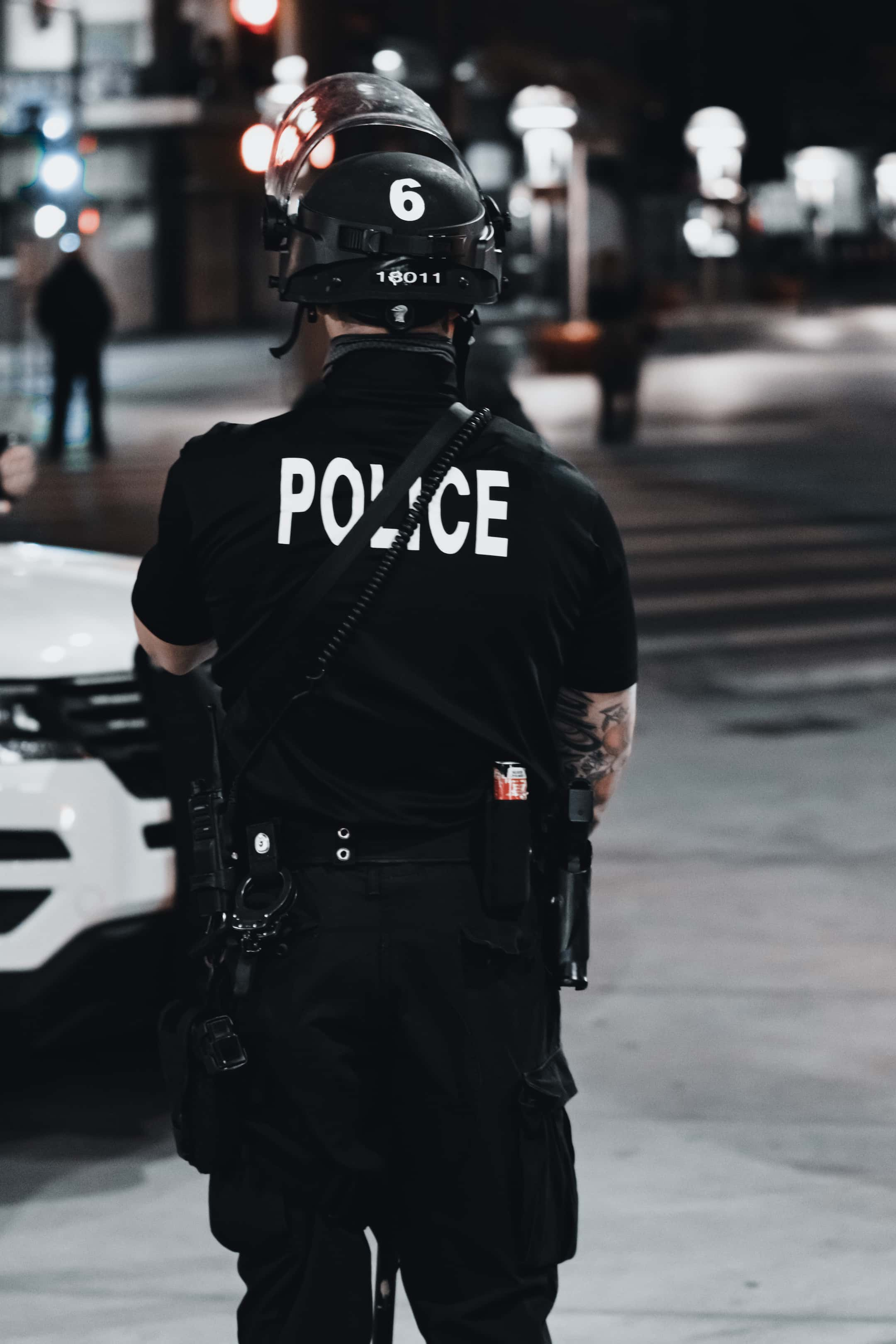The utilization of force is a widely employed framework within the law enforcement agencies of various nations. In the Australian Capital Territory, the Australian Federal Police (AFP) derive their authority to employ force from internal directives rooted in section 37, 38, and 69C of the Australian Federal Police Act 1979, as well as regulation 33 of the Australian Federal Police Regulations 1979. These directives, known as the Commissioner’s Order on Operational Safety or CO3 orders, are issued by the AFP Commissioner.
The primary purpose of the CO3 orders is to articulate the AFP’s policies and procedures concerning the operational safety of its members and their use of force. The order is structured to enable AFP members to manage their responses to conflicts or potential conflict situations by adhering to the AFP’s use of force model.
According to AFP policy, any use of force by an AFP member in the course of their duties must be lawful and in compliance with CO3. The guiding principle is the use of reasonable force, which is considered the minimum force necessary and reasonable given the circumstances of a specific incident. AFP members are authorised to use force during their operational duties, but emphasis is placed on negotiation and conflict de-escalation, with a paramount focus on the safety of both AFP members and the public.
The AFP can employ force in various scenarios, including:
- Defending themselves or another person
- Protecting property from unlawful appropriation, damage, or interference
- Preventing criminal trespass on land or premises
- Effecting an arrest
- Where force is specifically authorised by the law
When effecting an arrest, an AFP member is restricted from using more force than is reasonably necessary to make the arrest or prevent the escape of the person being arrested. Any action likely to cause death or serious injury is only permissible if it is reasonably necessary to protect themselves or others from such harm.
Operational AFP members are equipped with specific tools or accoutrements for the use of force, which may include:
- Baton
- OC spray
- Handcuffs
- Taser
- Firearm
All operational AFP members must maintain their operational safety qualifications, necessitating yearly re-qualification of their accoutrements to ensure that members uphold their operational safety skills.
Routine applications of force, such as handcuffing a compliant individual or making physical contact to notify them of their arrest, do not require the creation of a report of the incident. However, any use of force that qualifies as reportable, such as deploying a taser or engaging in a physical altercation, must be documented in an AFP Operational Safety Use of Force Report before the member concludes their duty for the day. These reports are subsequently reviewed by the member’s supervisor to ensure accuracy and sufficient detail.
In essence, the AFP employs a model for the use of force that aims to ensure that members only employ a reasonable and necessary degree of force in the execution of their duties.
Where police use force that was not reasonable and necessary or otherwise unlawful it may result in subsequent conduct by an arrested person being inadmissible in any criminal trial or could justify a civil suit against police, amongst a range of other remedies.
Mitchell Greig, Lawyer
